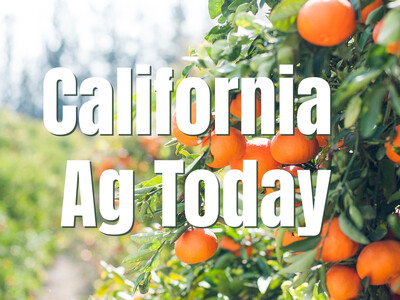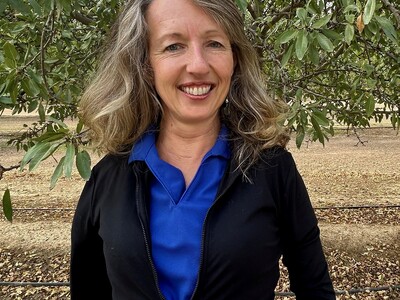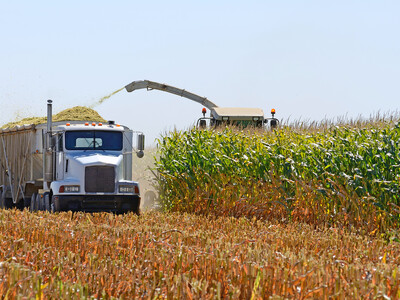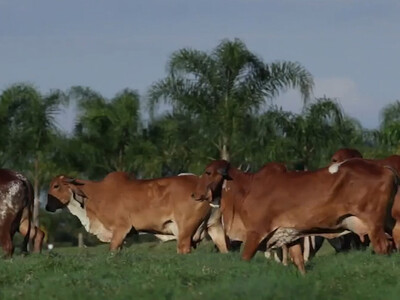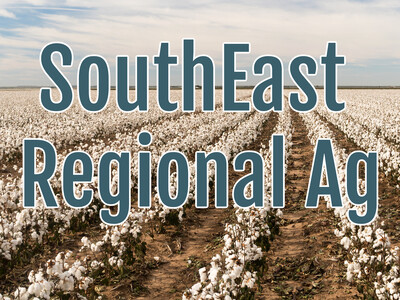Crop Protection Goes Digital

Tim Hammerich
News Reporter
As farming has embraced more digital technologies, the industry has been able to drastically reduce its reliance on chemicals.
Meyers… “If you look at the last 50 years, it surprises a lot of people. The use of crop protection products, if you look at it in terms of gallons or volume, is actually down 90%.”
That’s Greg Meyers, Chief Information Officer at Syngenta, the world’s leading crop protection company. Innovation, he says, is how a company like Syngenta stays relevant despite this trend of decreased demand for chemicals.
Meyers… “If you think about, since the 1950s, you're using a lot less fertilizer than you used to, and you're using 80% - 90% less crop protection products, yet we've produced 150% more food on only 13% more land. So I think we're going to expect that trend to continue, but we definitely see that the trend will shift, not just purely from research and formulation chemistry and computational biology, but it'll also start to play itself out in data science and computer science.”
Meyers says Syngenta is uniquely positioned to be a leader in the intersection of where chemistry and biology meet data science and automation.
Meyers… “We're pretty optimistic that in the areas like a non-selective herbicide, where you're most likely to see some volume reductions, that's going to create new opportunities for innovation that we're pretty excited about. And we think that, you know, being one of the world's leading innovators in this space will continue to be able to bring that innovation to the market.”




